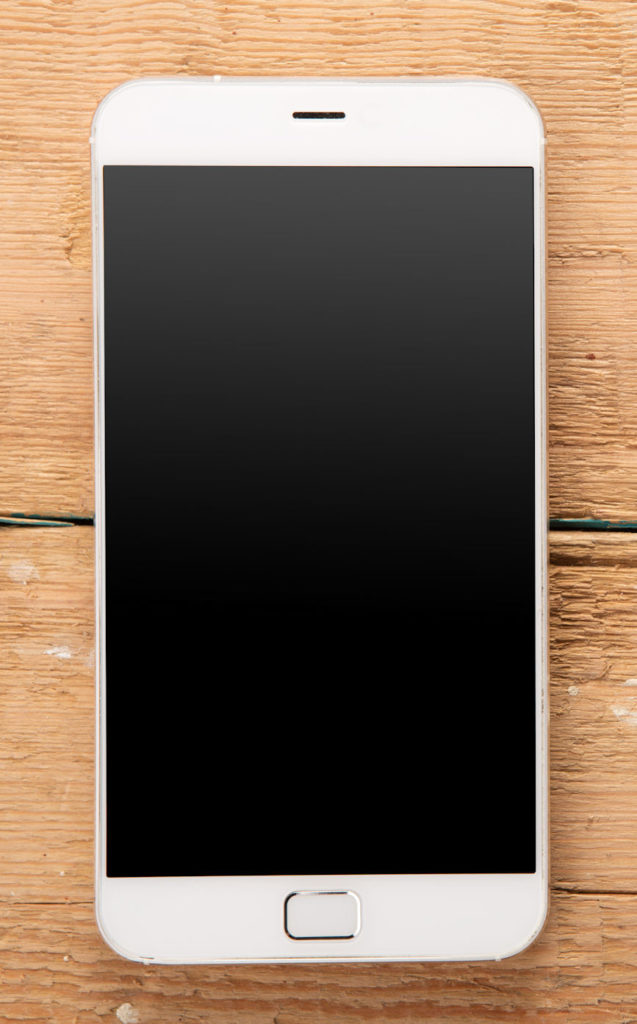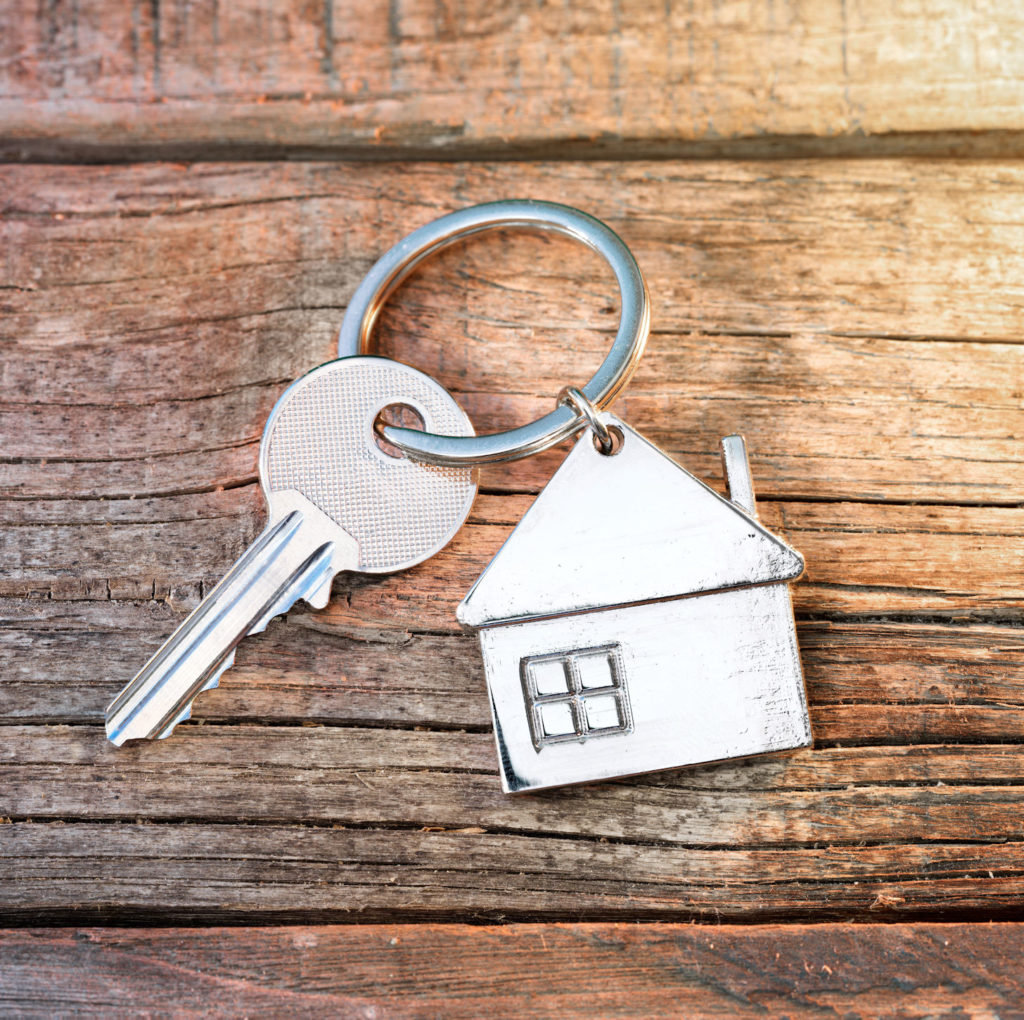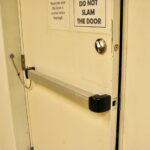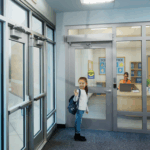 This is a really interesting question to ponder. Do tenants of an apartment building have legal rights when it comes to the use of smart locks?
This is a really interesting question to ponder. Do tenants of an apartment building have legal rights when it comes to the use of smart locks?
From Gizmodo…
Tenants at a property in New York City just struck a deal in what is both a wildly reasonable ask but also a crucial development at a time of increasing surveillance—their landlord has to give them physical keys to their building.
Five tenants in Hell’s Kitchen sued their landlord in March after the owners installed a Latch smart lock on the building last year. It is unlocked with a smartphone, and reportedly granted tenants access to the lobby, elevator, and mail room. But the group that sued their landlords saw this keyless entry as harassment, an invasion of privacy, and simply inconvenient.
“We are relieved that something as simple as entering our home is not controlled by an internet surveillance system and that because we will now have a mechanical key they will not be tracking our friends and our family,” 67-year-old tenant Charlotte Pfahl, who has lived in the building for 45 years, told the New York Post.
Read the rest of the Gizmodo article here…
The article mentions that a smart locked trapped the resident in his apartment, but I think he actually decided not to go out because he doesn’t have a smart phone needed to use the elevator. In the original New York Times article it says:
 McKenzie’s 93-year-old husband has been a virtual shut-in since the new technology was introduced last year because he doesn’t use a cellphone and has difficulty walking up the three flights of stairs to their apartment, she said. Tenants in the complex at 517-525 West 45th St. don’t need to use the lobby to access the stairwells to the buildings, which are between four and five stories each.
McKenzie’s 93-year-old husband has been a virtual shut-in since the new technology was introduced last year because he doesn’t use a cellphone and has difficulty walking up the three flights of stairs to their apartment, she said. Tenants in the complex at 517-525 West 45th St. don’t need to use the lobby to access the stairwells to the buildings, which are between four and five stories each.
I can definitely see how a lock that is only controlled by a phone could be a problem, and the court agreed – the tenants now have keys. What do you think?
WWYD?
You need to login or register to bookmark/favorite this content.






I first saw this in the New York Times. I thought what a pain. What is wrong with keys? Considering how volatile tenant-landlord relationships are I understand why a landlord could spy on a tenant’s comings and goings.
I wonder if this would have been an issue if the landlord went to access cards or fobs rather than a phone app?
The cards and fobs could still track the tenants use, but I don’t think anyone realizes this.
You’re probably right, Chuck…the phone may have made the tracking more obvious, but any system with audit trail capability could be used for tracking. If everyone starts objecting to access control, there’s going to be a problem.
– Lori
Cameras in the hall tied to motion sensors (and even a sensor on the door), and the landlord can still monitor who and when is going in and out of any apartment. Keys., fobs, or whatever. Something for new landlords to think about and how those elements are written into the lease agreements. For tenants, read your lease agreements.
Does the concern also extend to a fob?
Hi Charles –
I guess there are two concerns:
a) Privacy, which would be affected by a fob if the system had an audit trail, and
b) The possibility that someone wouldn’t have a smart phone or the phone battery would be dead. The fob would not be a problem if this was the main concern.
– Lori
I’m not opposed to a key fob but I don’t have a smart phone and I would be opposed to any systems including transportation and store check-out that require the use of a smart phone.
If the concern was over who is “tracking your friends and family” coming and going through a Lobby, corridors or even the front door of your apartment, what about surveillance cameras? I’d bet the apartment building has cameras. They can track your comings and goings a lot better than a key or access app.
I get why the Landlord opted for keyless. I think forcing a smartphone is too much. A prox reader or similar would have been a better choice.
Fascinating. The key doesn’t solve the elevator access problem, only the unit access and maybe the front door. Seems like there should be a workaround like a fob for people who don’t have or can’t use smartphones. Obviously the key is the workaround the tenants demanded, but I’m surprised that they didn’t solve the elevator problem. If you think you’re losing privacy every time you let yourself or your family members into your unit with a smart lock, do you also think you give up your privacy, more or less voluntarily, every time you take the elevator instead of the stairs?
We work on a lot of housing for low-income and formerly-homeless people, so our projects have a range of users from no-landline smartphone-natives to people who missed the smartphone wave while homeless and may now have difficulty learning or adapting, and thus might never be able to use one. Figuring out the best way to grant and control access is getting more complicated all the time, and data privacy is definitely part of the mix. There ought to be a best-practices document brewing, and maybe there is.
Thanks for sharing your insight, Vivian! Maybe the elevator has a keyswitch?
– Lori
That Latch lock also has a camera built into it, I wonder if that was part of the privacy concern. Smart home products definitely have different objectives or unintended consequences when used in multi-family vs. single family applications. I’ve even heard of smart thermostats being installed in multi-family housing where the landlords can control temperature settings, makes me wonder about how privacy laws will evolve or be enforced.
Don’t forget the laws of Physics. Any mobile phone is a radio and it communicates using radio frequencies which are subject to many sources of interference (weather, frequency spill over, etc). Watch the folks boarding a plane – one loss of signal and you have lost your place in line for Southwest when you have to go get a paper boarding pass.
And fobs don’t have to be connected to anything other than an individual door control – our facility didn’t want to spend the money on an integrated system so we have no idea who and when people come and go.
Latch can be opened with a phone app, key card, a numeric code, or an old school key. Considering all of these options, I’m a bit skeptical about this article if 3 out of the 4 options do not involve the use of a smart phone. Perhaps the court decision was really based upon the existing tenants and the terms of their existing leases not having a provision for this type of access which from a contractual standpoint one could assume could be remedied at the time of each lease renewal.
This whole thing could have been avoided by issuing keyfobs. Although I’m a 38-year-old, tech-savvy, smartphone-using, no-landline kind of person, I don’t want to be forced to use my phone as my key to get home. What if my phone battery fails? What if I don’t take my phone with me when I go for a run?
Also, why is any credential required to call the elevator from an upper floor? The only place where I see this is elevators in K-12 schools, where credentials are issued to students and employees with a doctor’s note–this is done to avoid having several hundred students trying to use the elevator between classes.
We do quite a few different types of housing ranging from homeless housing to high end hotels and this is a very common type of security set up where you can’t restrict entry access at the main level.
That being said, you have to examine your resident population and have technology that fits with their level of comfort and technical knowledge. Smartphones for the elderly may not have been the most appropriate choice in this instance.
I’ll assume that the Owners had good intentions, we’re asking for a cutting edge system and are just trying to protect their residents.